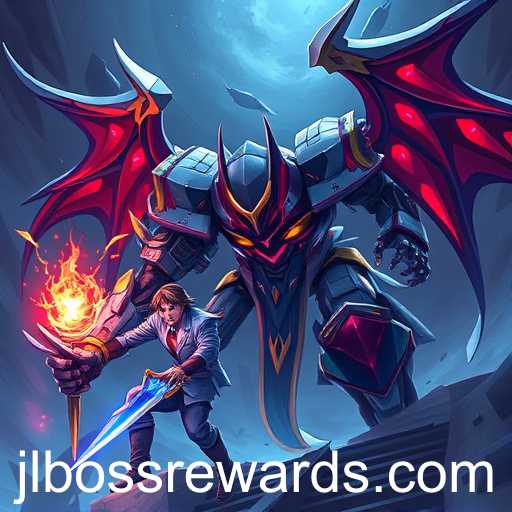Explore the growing 'jlboss' trend in gaming, which emphasizes strategic mastery and has led to a vibrant community and innovative game design.
In the ever-evolving universe of digital gaming, a new player has emerged on the scene that is capturing the attention of gamers around the world. This trend, known as 'jlboss,' has become a cornerstone in the category of 'Gaming Trends,' signifying the rise of a novel gaming ethos. In this article, we explore the multifaceted influences and implications of this burgeoning phenomenon.
The term 'jlboss' has become synonymous with a distinct type of gaming experience, one that emphasizes strategic mastery, skillful execution, and a deep understanding of game mechanics. It is not merely about defeating an in-game boss but becoming one; adopting the mindset and strategies that make these digital adversaries formidable. This concept has ushered in a paradigm shift where players are increasingly adopting an introspective approach to gaming, focusing on honing their skills and understanding rather than simply achieving victory.
Central to the appeal of the 'jlboss' trend is its emphasis on community engagement. Gamers embracing this trend often congregate in online forums and social media platforms where they share strategies, post gameplay videos, and offer support to fellow players. This has helped to build a thriving community characterized by a spirit of collaboration and learning, setting it apart from more competitive gaming cultures.
Moreover, gaming developers are taking notice of this trend and are increasingly designing games that cater to the 'jlboss' mindset. Titles featuring complex boss fights with multiple phases, adaptive AI, and intricate storytelling are being developed to challenge even the most seasoned players. This has led to a renaissance in game design, with developers pushing the boundaries to create immersive experiences that challenge players to think and adapt strategically.
While some gamers relish the increased difficulty and complexity associated with the 'jlboss' trend, others argue that it could lead to a steep learning curve that may alienate casual players. This debate reflects broader discussions within the gaming community about the balance between accessibility and challenge, as well as the role of gaming as a form of entertainment versus a skill-based pursuit.
In summary, the 'jlboss' trend is more than just a fleeting interest; it represents a significant shift in how players approach and experience games. It encourages a deeper level of engagement and reflection, fostering a community that thrives on shared knowledge and mastery. As this trend continues to develop, it will be fascinating to see how it influences both gaming culture and the design philosophies of future games.




